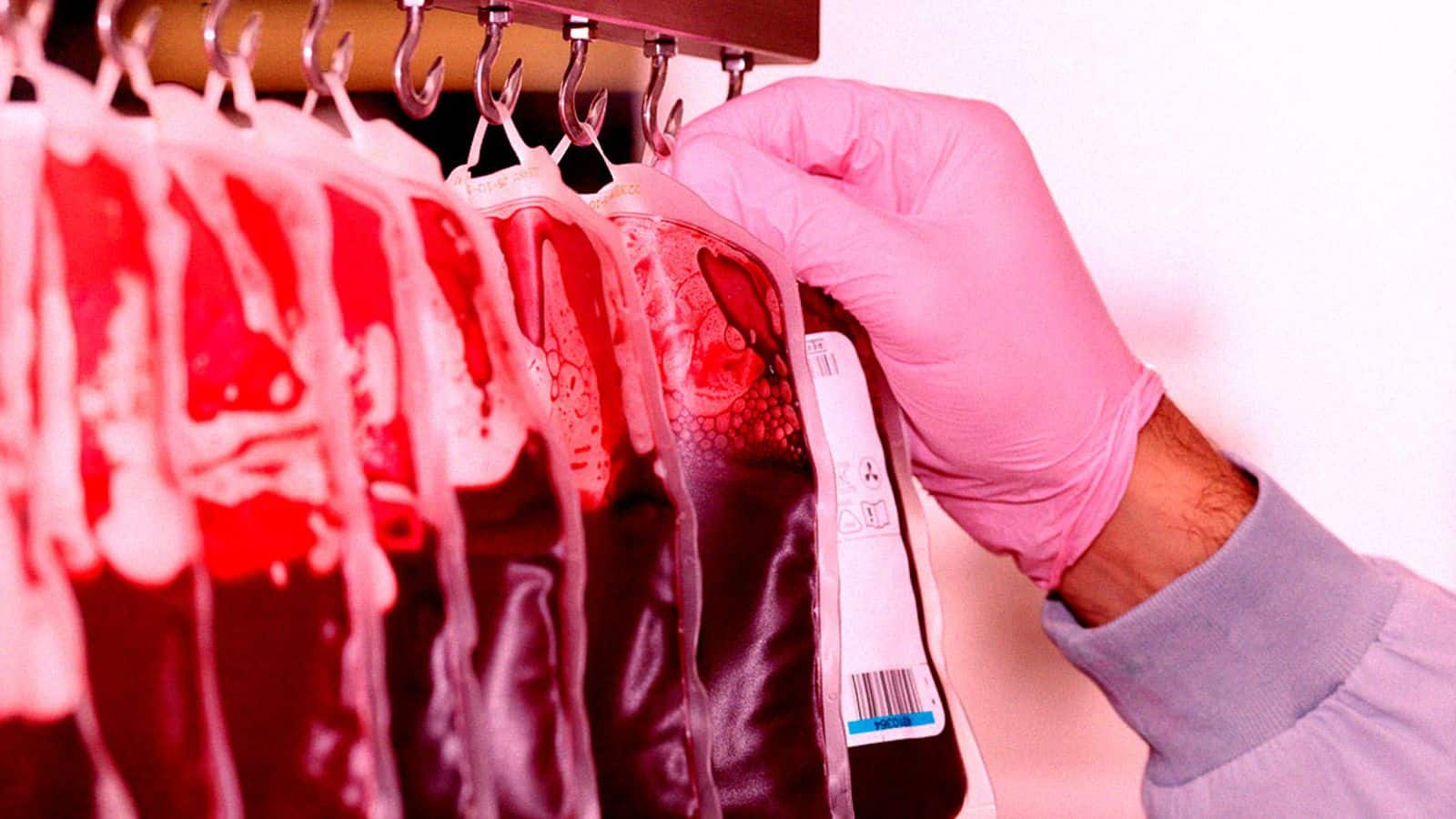
Revolutionary discovery! Bacteria converts blood to universal donor type
What's the story
A team of researchers has made a groundbreaking discovery, unearthing a common bacteria capable of modifying enzymes in blood. This modification effectively transforms any blood type into the universal donor type, Group O. If successfully adapted for clinical use, this process could significantly alter global blood supplies, which are consistently scarce and predicted to become even more so due to rapidly aging populations.
Blood basics
Understanding blood types and the role of bacteria
Blood types are determined by the presence or absence of A and B antigens on red blood cells. Group O types lack these antigens, making them universal donors. Transfusing the wrong blood type can cause a lethal immune response. Scientists from Denmark's Technical University (DTU) and Lund University in Sweden have found that enzymes produced by common gut bacteria, can eliminate both A and B antigens, potentially creating a consistent supply of universal donor blood.
Enzyme discovery
Enzyme cocktail: A potential solution for transfusion safety
DTU researcher Maher Abou Hachem is the lead author of the findings published in Nature Microbiology. He revealed that their newly discovered enzyme cocktails can remove not only the well-known A and B antigens, but also extended variants previously unrecognized as problematic for transfusion safety. This discovery marks a significant advancement in the field, as the idea of removing these enzymes has been contemplated for over four decades, without any successful implementation due to potential immune reactions.
Bacterial breakdown
The role of Akkermansia Muciniphila in blood transformation
Hachem and his team discovered that an enzyme found in the human gut, Akkermansia muciniphila, is highly efficient at breaking down A and B antigens. These antigens closely resemble the abundant mucus consumed by this bacteria in the intestine. Abou Hachem explained, "What is special about the mucosa is that bacteria, which are able to live on this material, often have tailor-made enzymes to break down mucosal sugar structures, which include blood group ABO antigens."
Future implications
Potential benefits and challenges of universal blood production
The creation of a reliable and safe universal blood type could bring significant benefits. Lund University hematology professor Martin Olsson stated, "Universal blood will create a more efficient utilization of donor blood, and also avoid giving ABO-mismatched transfusions by mistake." However, despite these promising findings, it's still too early to determine if this new process could revolutionize blood transfusions. The team plans to test their new process in clinical trials but acknowledges that commercial production is likely many years away.